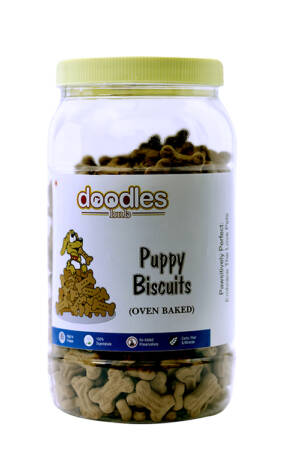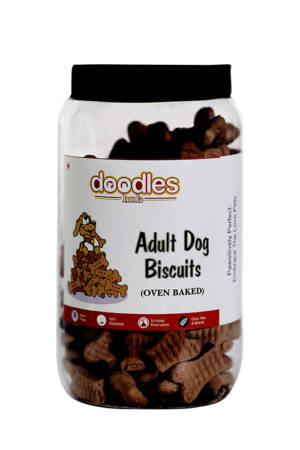Description
- Pet-Specific: Munchies are formulated either for dogs or cats, taking into account their unique nutritional needs.
- Taste and Texture: Treats come in a variety of flavors, such as chicken, fish, beef, or cheese, and textures that can be soft, chewy, or crunchy to cater to pets’ preferences.
- Training and Rewards: These treats are often used during training sessions to reinforce positive behaviors. They are typically small, making them easy to dispense and carry during training.
- Nutrient Enriched: Our munchies are enriched with essential nutrients like proteins, vitamins, and minerals to support the overall health of your pets.
- Age-Appropriate: these treats are specifically designed for puppies or kittens, while others cater to adult or senior pets to address their varying nutritional requirements.
- Allergen Information: -we have provided information about potential allergens on the packaging to help pet owners select treats suitable for pets with dietary restrictions or sensitivities.
Differences Between Dog and Cat Munchies:
While there are many similarities between dog and cat munchies, there are also some notable differences:
Cat Munchies:
- Smaller Size: Cat munchies are usually smaller in size compared to dog treats, reflecting the smaller mouths and appetites of felines.
- Protein Preferences: Cats are obligate carnivores, so their treats often have a higher protein content, and they may prefer flavors like fish or poultry.
- Texture: Cats often prefer softer, chewy, or moist treats over hard and crunchy ones.
Dog Munchies:
- Larger Variety: Dog munchies come in a wider variety of flavors, sizes, and textures, reflecting the diversity of canine preferences.
- Dental Health: dog treats are specifically designed to promote dental health, helping to reduce plaque and tartar buildup.
- Training Aids: Since dogs are frequently trained, there is a wide range of training-specific treats for canines.
When selecting munchies for your pets, consider their age, size, breed, and any specific dietary needs or restrictions they may have. It’s essential to provide appropriate portion control to prevent overfeeding and weight issues. Consult with your veterinarian for advice on selecting the best treats for your pets and ensuring they receive the best nutrition and care.







Reviews
There are no reviews yet.